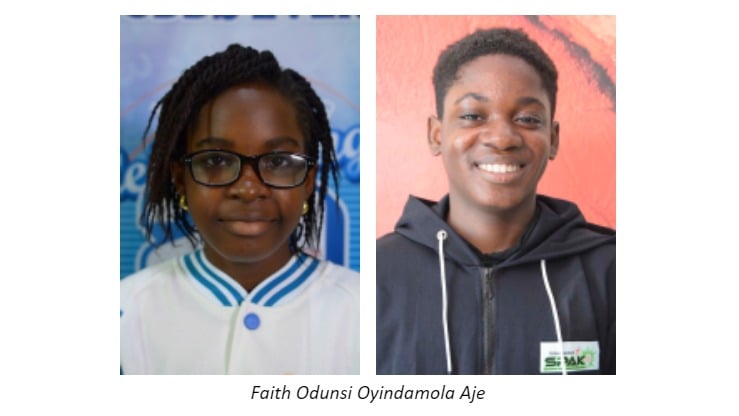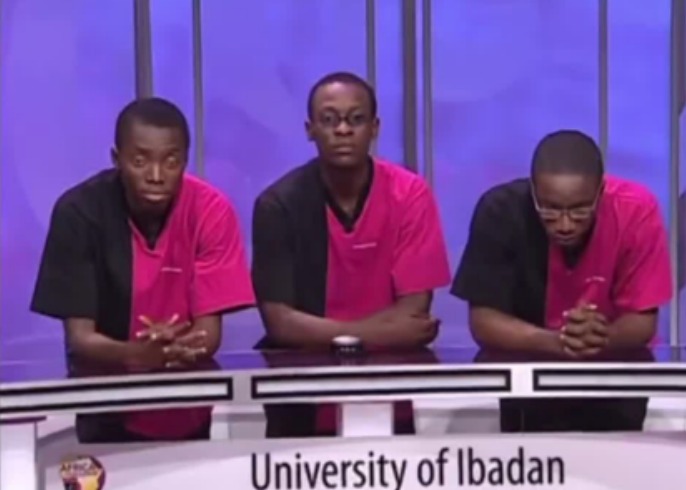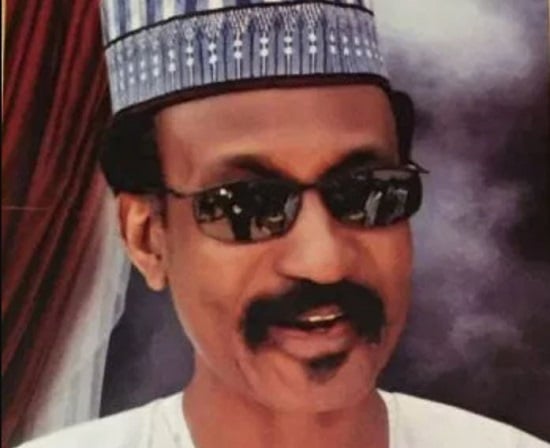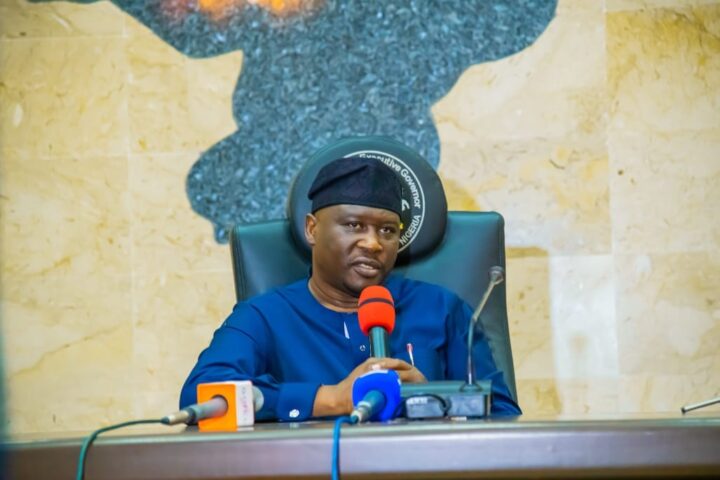BY SUMBO OLADIPO
I have lost count of how many times I have received that viral seven minute clip featuring the University of Ibadan taking on Kenyatta University in the ZAIN Africa Challenge quiz involving universities from countries across East, West and Southern Africa. In just one week, it showed up in four different WhatsApp groups I am in, with comments like “We should make this video go viral, more than Big Brother House” and, to be honest, I agree.
Let us backtrack a few years. Do you remember sitting on the living room floor with your siblings, your parents relaxing on the big couch, all gathered around the TV, enjoying the very best of educational shows like Cadbury’s Pronto BrainMatch, Who Wants to be a Millionaire and many others like them? You remember the excitement in the room and the quiet anticipation as the questions rolled in because they were more than just shows—they represented a shared moment of family time, learning, inspiration, and pride.
In those days, intellectual development wasn’t just important—it was drilled into us by our parents. They made sure we knew just how much education mattered for our future, and, to be fair, we understood the assignment. We knew education had the power to shape the course of our lives.
Advertisement
The Pan Africa contest – Zain Africa Challenge, came on years later. The competition did not only celebrate knowledge but positioned itself as a catalyst for academic excellence and cross-continental unity. Featuring university students across Africa who did not need shin guards or sneakers to compete, all that was required of them was knowledge, wit, and, of course, a sharp reflex. The participants’ knowledge was tested across disciplines, including science, literature, history, and current affairs. The Pan Africa TV Quiz show with over $100k in prize winnings and educational grants was like no other, leaving an indelible mark on young people across Africa. It was fun and beautiful to watch and just like that, suddenly, we watched as these fascinating edutaining concepts disappeared into oblivion, making way for less intellectual, more mind-numbing content.
Multinationals, gaming and FinTech companies, with their deep pockets, eagerly pour funding into these superficial initiatives. And what’s the excuse? “We’re just after the eyeballs.” The question is, “Who created these monsters that are steadily and aggressively hijacking our future in the name of entertainment?” So, education no dey pay again? Now it’s all about nude images on TV, chasing clout, and walking away with N100 million. We even have state governors dishing out heavy cash to help housemates win votes, but when a student emerges as the best in their university, their reward for five years of hard work is N100,000. Really? The unspoken question that should hover at the edge of our consciousness is – “For how long are we going to abandon education, the very engine of growth and development, and sacrifice it on the altar of this quest for momentary fame?” It’s high time we saved ourselves before the damage becomes irreversible.

Remember how the mathematics competition, Cowbellpedia catapulted Faith Odunsi to fame? The math genius who blitzed through 18 questions in just 60 seconds and instantly became a sensation. It is no surprise that the Massachusetts Institute of Technology came knocking with a full scholarship offer worth over $400K to study Computer Science and Electrical Engineering. How about Oyindamola Aje, the 2019 InterswitchSPAK National High School STEM champion, who earned a scholarship to Texas A&M University, graduated summa cum laude with a Bachelor of Science in Chemical Engineering and now works at Chevron, California USA? These are just a couple of examples, but the list could go on. Out of over 200 million Nigerians, there are countless undiscovered geniuses, only because the opportunities to showcase them are few. Meanwhile, developed countries have ample programs that foster real growth, especially in STEM, and are backed by quality government and private sector funding.
Advertisement
While the aforementioned initiatives are making great strides at the high school level, the absence of a similar initiative for university students like the Africa Challenge leaves a gap in the academic landscape. University-level competitions not only offer a higher level of intellectual rigour but also foster cross-border collaboration, which is essential for integration in education and beyond.
Competitions have long been a powerful tool in fostering well-rounded education, providing opportunities to discover, reward, and test the abilities of future leaders. These shows push students to think critically and solve real-world problems—skills that are vital for national development. Whether in technology, agriculture, or health, the intellectual capacity required by these contests builds the capacity for innovation that every society needs. By making learning enjoyable, they inspire younger generations to value their education while offering a refreshing break from the rigidity of traditional schooling. This balance between challenge and engagement makes these shows indispensable, as they nurture curiosity while keeping education both accessible and appealing.
While the rate of vanity content increases, educational content is being pushed further into the background receiving little to no attention. Most of the funding and attention is directed towards reality shows and celebrity-driven competitions. Why invest in a quiz show that doesn’t have contestants throwing tantrums or performing stunts? We consume more gossip than knowledge, leaving little room for content that stimulates critical thinking and intellectual growth. Educational shows face stiff competition for audience attention, to networks that may prioritise high-revenue shows like reality TV or sports, making it difficult for educational programs to find broadcast time.
Funding and sponsorship of educational shows often require significant financial backing for production, prizes, and logistics. Without sustained sponsorship from private companies, government institutions, or philanthropists, these shows struggle to maintain the necessary infrastructure to stay on the air or scale their reach.
Advertisement
We need to bring back shows like Zain Africa Challenge and Who Wants To Be A Millionaire—especially something that fills the void in university-level academic competitions in Nigeria. It’s not just about nostalgia; it’s about signalling a new era for intellectual contests in our universities. It will interest you to know that we have over 500 tertiary Institutions
including 270 licensed universities all with a population in excess of 4 million undergraduates in Nigeria. We need shows that push students to think out of the box and tackle real-life challenges.
To achieve all these and more, the task before us is clear, we must prioritise and invest in educational content. With the right vision, financial support and infrastructure, educational competitions will reposition Nigeria and her 60% youth population; thereby empowering a new generation of leaders who are not only capable of meeting global standards but surpassing them. The time to act is now—before we are too far gone.
According to Will Rogers, “If you find yourself in a hole, stop digging.” We need to stop making the situation worse and start taking the small giant steps, especially in STEM Education.
Advertisement
Sumbo Oladipo is an independent evaluator and a public affairs/social commentator. She writes from Lagos.
Advertisement
Views expressed by contributors are strictly personal and not of TheCable.
Add a comment









